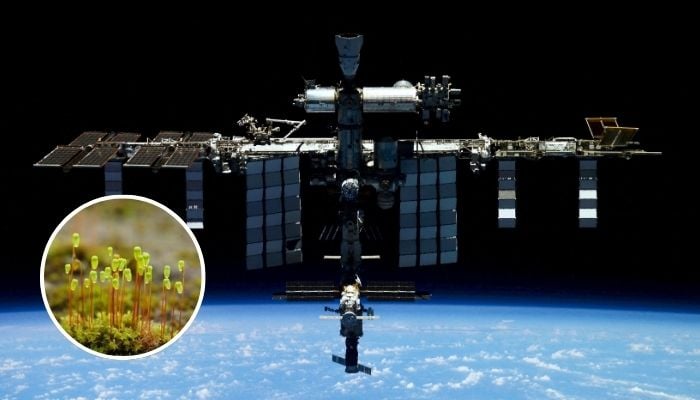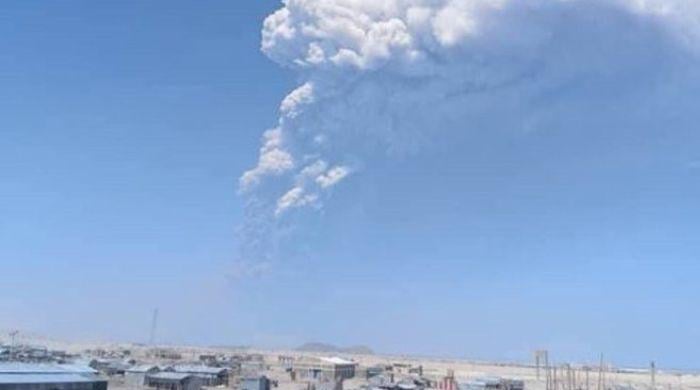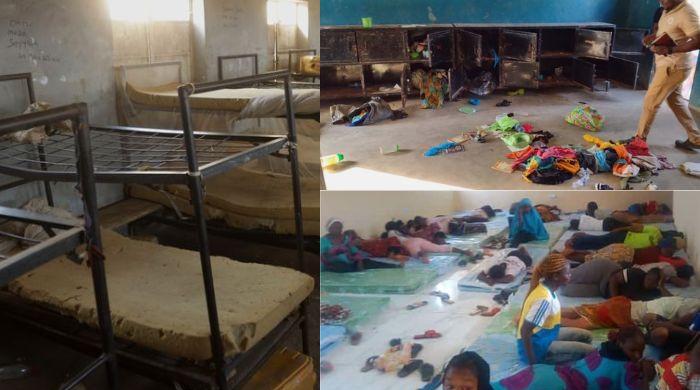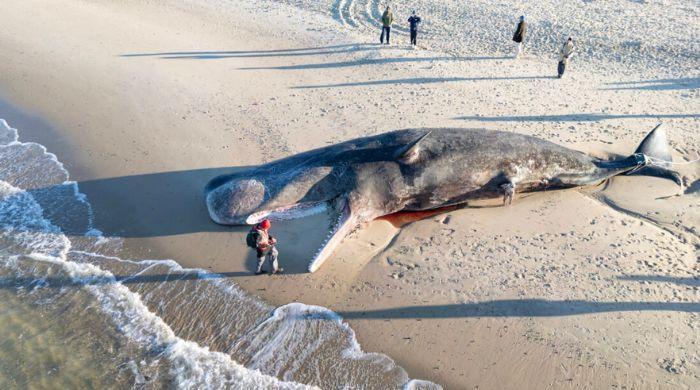Scientists shocked as plants brought back from space continue growing on Earth
Moss can survive up to 15 years in space
November 24, 2025

Moss spores that were taken into space by scientists and spent nearly nine months outside of the International Space Station (ISS) have continued to reproduce after returning to Earth.
This marks a groundbreaking discovery in studying how plants survive outside of the Earth and in extreme conditions.
According to a study published in the journal iScience, scientists reveal that nearly 80 per cent of moss spores were able to reproduce even after returning to the Earth.
According to Live Science, the moss’s ability to survive and thrive in harshest conditions on Earth, such as the melting heat of Death Valley and the freezing temperatures of Himalayas, make it the best possible candidate to thrive in extreme outer space conditions.
The study's lead author revealed that the cell structures encasing spores, called Sporophytes, were taken to space and spent nine months in Japan’s kibo module in a special exposure facility (where the spores were exposed to ultraviolet light, extreme heat and freezing temperatures) in 2022.
The team led by Tomomichi Fujita, a professor of plant biology at Hokkaido University in Japan, has concluded that Moss can survive up to 15 years in space.
Fujita says that his study will prove to be a foundational step in building ecosystems in extraterrestrial environments.












